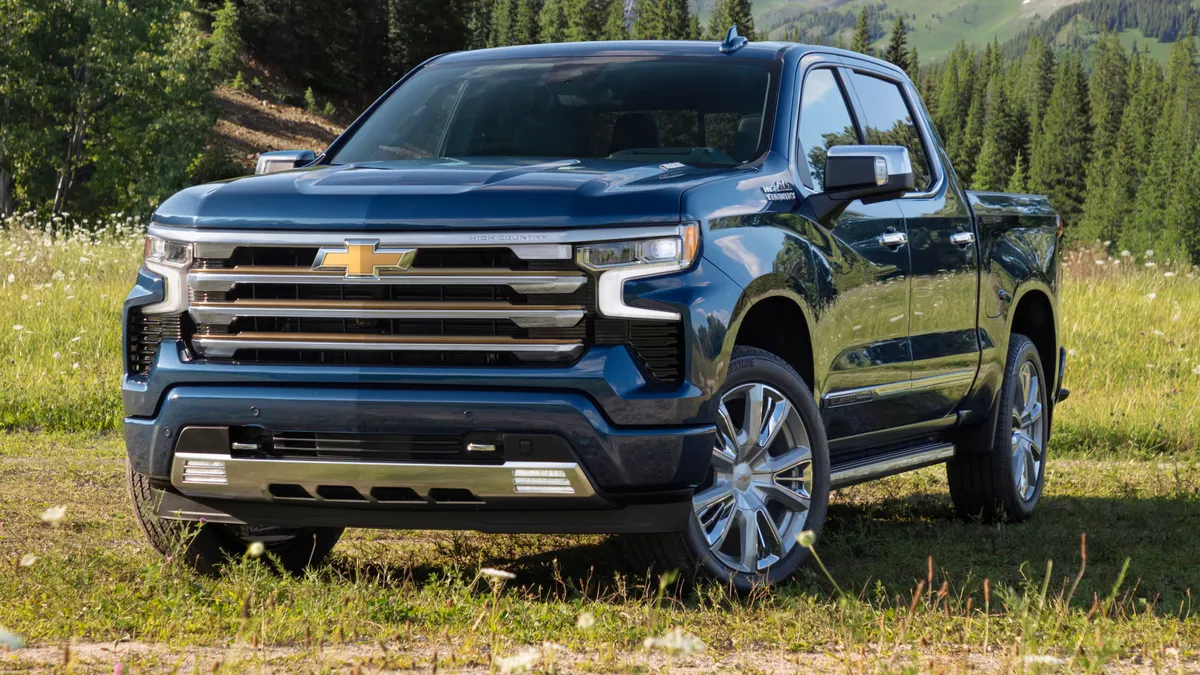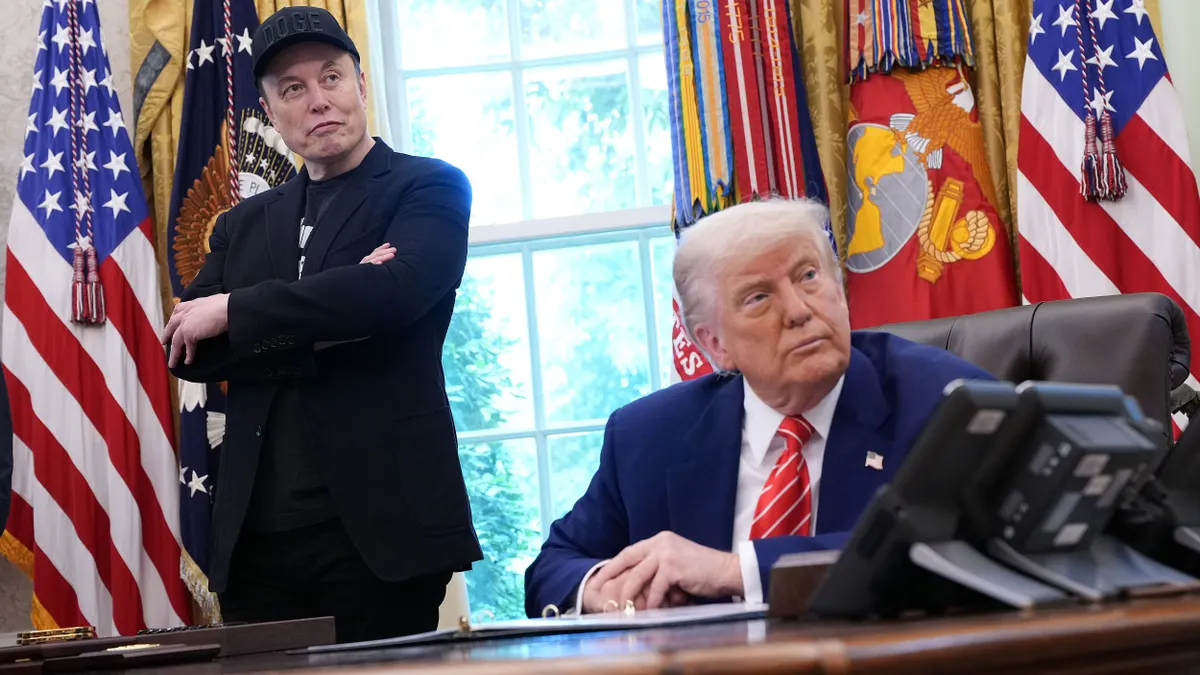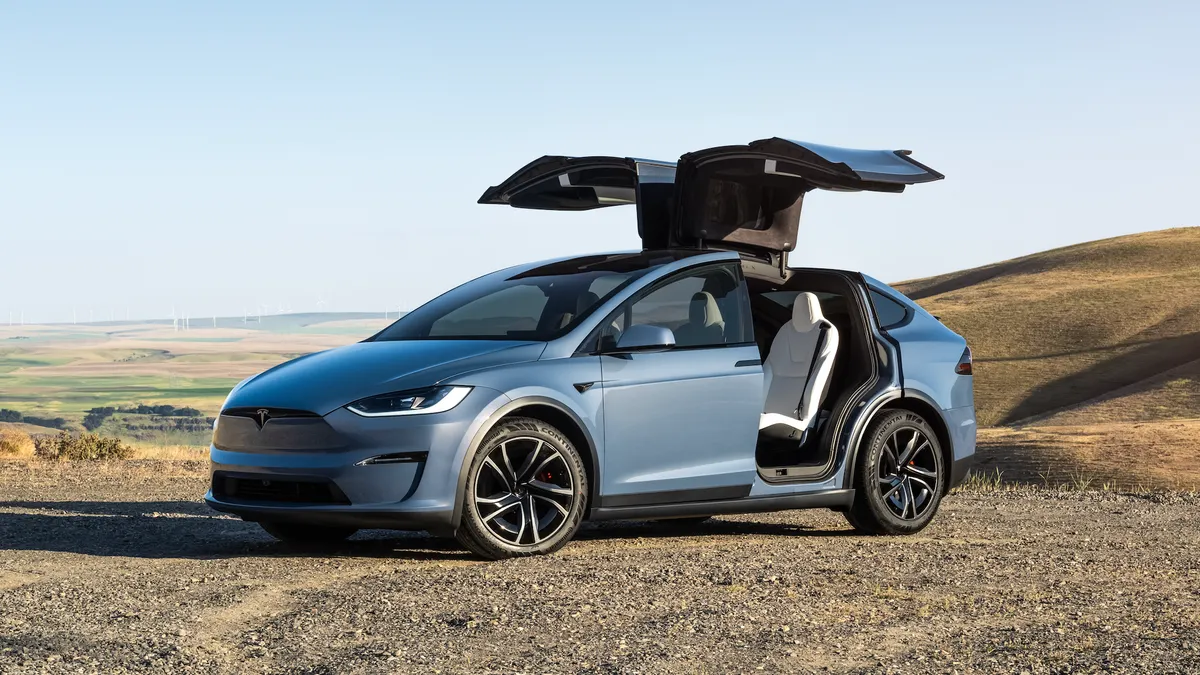Editor's note: This story is part of the WardsAuto digital archive, which may include content that was first published in print, or in different web layouts.
Toyota’s plan to construct a battery laboratory in Michigan marks the latest move by automakers and suppliers to remake Michigan’s Rust Belt into a “Battery Belt” to support the industry’s move to battery-electric vehicles.
Toyota will join General Motors and Ford in building a research lab for electric-vehicle batteries in Michigan, giving the state’s automobile industry another boost as it moves to retool for EVs.
Toyota Motor North America says it plans to spend nearly $50 million to construct a new laboratory facility at its North American R&D headquarters in York Township, 50 miles (80 km) southwest of Detroit, to evaluate batteries for electric and electrified vehicles. The new lab will be staffed by current employees who will have new tools to continue and expand their work, according to Toyota executives.
“With increasing production for electrification coming to North America, it’s important to have local supporting infrastructure, but more importantly it enables us to invest in team members and technology development,” says Jordan Choby, group vice president of powertrain at TMNA R&D.
Operations at the battery lab are expected to begin in 2025.
Shinichi Yasui, executive vice president of TMNA R&D, says the lab will ensure that Toyota’s batteries meet North American customer requirements by confirming performance, quality and durability.
Toyota also says its latest battery plant, which is currently under construction in North Carolina, will receive an additional $2.1 billion investment to support the company’s drive toward carbon neutrality.
GM, meanwhile, says it is spending $28 million to expand its new battery lab in Warren, MI, (pictured, below) to go along with multibillion-dollar investments in retooling Factory Zero in Detroit and the assembly plant in Orion Township, MI, for EV production. A GM-LG Energy joint venture is also building a battery plant outside Lansing.
Ford is building a $100 million global battery center of excellence – Ford Ion Park in Romulus, MI – which is accelerating the company’s battery, battery cell technology and future battery manufacturing R&D.
Ford Ion Park, located near Detroit Metropolitan Airport, is part of the company’s $30 billion investment in electrification by 2025 and represents a commitment to making Michigan a centerpiece of its focus on EVs, which includes the construction of a new battery plant near Marshall in the west-central side of the state.
Ford also is near completion of the expansion of the Dearborn, MI, plant building the F-150 Lightning, the company’s first battery-electric pickup truck.
Our Next Energy is planning to build a $1.6 billion cell factory in Southeast Michigan that will make lithium-iron phosphate batteries and eventually hire 2,112 people, according to the grant application the company filed with the Michigan Economic Development Authority. The state has awarded the start-up a $200 million grant for battery manufacturing equipment. The company will also get more than $36 million in loans and tax exemptions.
Toyota says it will work with other North American partners to incorporate locally produced battery parts and materials in support of its efforts to reduce carbon emissions through its portfolio of hybrid, plug-in hybrid, fuel cell and battery-electric product offerings.
Beyond battery development, other lab activities are expected to include evaluations using Level 2 and Level 3 charging as well as connectivity to power sources and infrastructure. Further, chassis dynamometers at both Toyota R&D campuses in York Township and Ann Arbor are being upgraded to accommodate full EV evaluations.
Toyota has put more than 23 million hybrids, plug-in hybrids, fuel-cell electric and battery-electric vehicles on the road globally. The company currently offers 22 electrified-vehicle options in the U.S. across the Toyota and Lexus brands, the most among any automaker. By 2025, the company plans to have an electrified option available for every Toyota and Lexus model.
Clean energy and electric-vehicle battery projects in places such as Georgia, Tennessee and Texas have gained a lot of attention, and suggest EVs are moving the industry South.
But Michigan remains at the center of the automotive industry’s transition to electric vehicles, according to both outside observers and Michigan’s elected leaders.
A 2023 report from Climate Power shows Michigan continues to lead the race for jobs and investment, ranking as the No.2 state nationwide for clean energy investments with a combined $20 billion of investment since August 2022. Founded in 2020 by the Center for American Progress Action Fund, League of Conservation Voters and Sierra Club, Climate Power integrates research, polling, and digital and paid media in campaigns supporting clean energy investment.
The report also shows Michigan leading the nation after winning 14 clean energy, battery and EV manufacturing projects. The Inflation Reduction Act is helping Michigan solidify its role as a manufacturing and auto hub for the clean energy future, securing a series of investments in battery and EV manufacturing projects.
“Michigan is competing with everyone to lead the future of cars, (computer) chips and clean energy,” says Gov. Gretchen Whitmer. “In the last few years, we have utilized powerful, bipartisan economic development tools and incoming federal resources to secure over $20 billion of investment and 13,000 good-paying jobs and bring critical supply chains back home.
“Michigan’s future is bright, and I know we will build on our economic momentum to create tens of thousands more jobs and drive investment across every region of our state,” Whitmer adds.



















